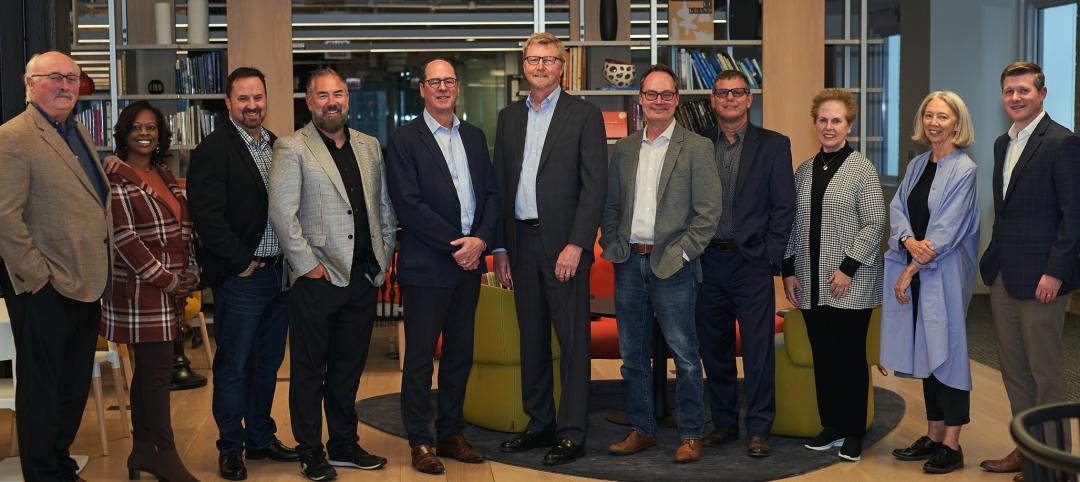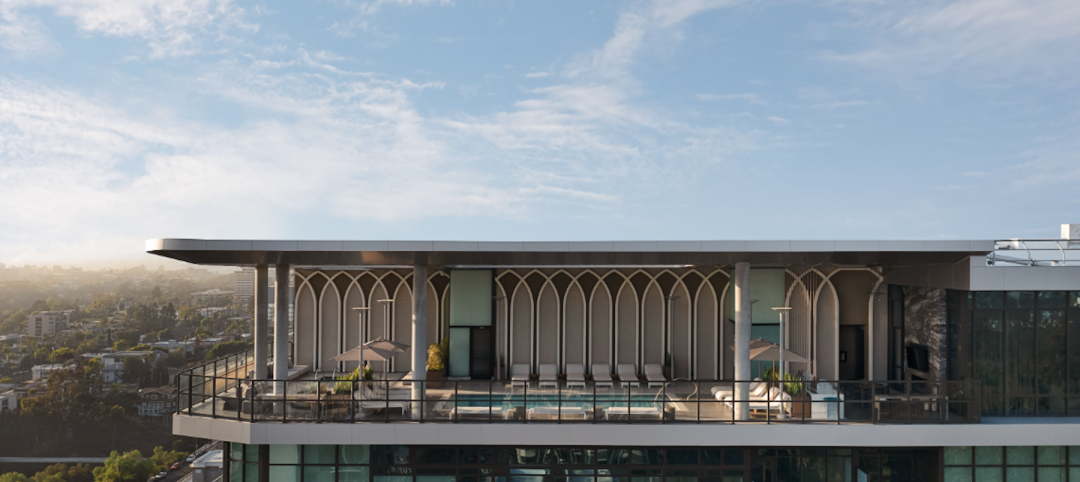3M is playing an important role in the recently announced Better Buildings Challenge, an effort to grow the country's clean energy economy. The initiative aims to improve energy efficiency in commercial buildings by 20% by the year 2020, a move that is projected to reduce energy bills for American businesses by approximately $40 billion per year and to create more than 100,000 jobs.
As a partner in the challenge, 3M has committed to reduce energy use by 25% in 78 of its plants, encompassing nearly 38 million-sf of building space. The company has already achieved significant gains; in 2011 alone, 3M improved energy efficiency in its operations globally by 8.9% compared to the same period last year, and avoided more than $43 million in energy costs. Additionally, more than 150 employee-inspired energy projects helped the company save nearly $7.7 million.
Within 3M, the Renewable Energy Division directs its efforts toward helping customers meet their energy targets by providing energy-saving solutions. 3M Renewable Energy creates products and technologies to advance the solar and wind industries, as well as energy conservation window films for the commercial building sector. These technologies hold significant promise in helping 3M and other participants in the challenge increase energy efficiency. Notable products in 3M's line include:
- Sun Control Window Films, which use non-metalized nano-technology to create reflectivity that's actually lower than glass. These spectrally-selective interior and exterior films reject up to 97 percent of the sun's heat-producing infrared light to help keep buildings cooler.
- Cool Mirror Film 330, a unique, multilayer optical film designed for low concentration, crystalline silicon photovoltaic (low X CPV) installations. The films reflect only the wavelengths of light that can be absorbed by solar cells, substantially reducing the amount of solar energy that can degrade the performance of CPV systems.
"3M has cut its absolute worldwide greenhouse gas emissions by 72 percent from 1990 to 2010," said Tim Thornton, director of 3M Renewable Energy Division's Energy Conservation business. "We are proud to take part in this challenge and to share our knowledge with others, so we can all move toward achieving this ambitious goal." BD+C
Related Stories
Architects | Oct 20, 2022
Woolpert acquires Sheehan Nagle Hartray Architects, global experts in mission critical design
Woolpert has acquired Sheehan Nagle Hartray Architects, a full-service architecture firm that specializes in mission critical and technically challenging projects, interior design and predesign services for commercial, civic and education clients. SNHA has offices in Chicago and London.
Mixed-Use | Oct 20, 2022
ROI on resilient multifamily construction can be as high as 72%
A new study that measured the economic value of using FORTIFIED Multifamily, a voluntary beyond-code construction and re-roofing method developed by the Insurance Institute for Business & Home Safety (IBHS), found the return can be as high as 72%.
40 Under 40 | Oct 19, 2022
Meet the 40 Under 40 class of 2022
Each year, the editors of Building Design+Construction honor 40 architects engineers, contractors, and real estate developers as BD+C 40 Under 40 awards winners. These AEC professionals are recognized for their career achievements, passion for the AEC profession, involvement with AEC industry organizations, and service to their communities.
BAS and Security | Oct 19, 2022
The biggest cybersecurity threats in commercial real estate, and how to mitigate them
Coleman Wolf, Senior Security Systems Consultant with global engineering firm ESD, outlines the top-three cybersecurity threats to commercial and institutional building owners and property managers, and offers advice on how to deter and defend against hackers.
Designers | Oct 19, 2022
Architecture Billings Index moderates but remains healthy
For the twentieth consecutive month architecture firms reported increasing demand for design services in September, according to a new report today from The American Institute of Architects (AIA).
Building Team | Oct 18, 2022
Brasfield & Gorrie chairman’s home vandalized by anti-development activists
Activists vandalized the home and vehicles of Miller Gorrie, chairman of Birmingham-based Brasfield & Gorrie, in protest of a planned $90 million, 85-acre police, fire and public safety training center in Atlanta.
Mixed-Use | Oct 18, 2022
Mixed-use San Diego tower inspired by coastal experience and luxury travel
The new 525 Olive mixed use San Diego tower was inspired by the coastal experience and luxury travel.
University Buildings | Oct 18, 2022
A carbon-neutral-ready university campus opens in Hong Kong
In early September, the Hong Kong University of Science and Technology (HKUST) officially opened its new, KPF-designed campus in Nansha, Guangzhou (GZ).
Market Data | Oct 17, 2022
Calling all AEC professionals! BD+C editors need your expertise for our 2023 market forecast survey
The BD+C editorial team needs your help with an important research project. We are conducting research to understand the current state of the U.S. design and construction industry.
Codes and Standards | Oct 17, 2022
Ambitious state EV adoption goals put pressure on multifamily owners to provide chargers
California’s recently announced ban on the sale of new gas-powered vehicles starting in 2035—and New York’s recent decision to follow suit—are putting pressure on multifamily property owners to install charging stations for tenants.

















